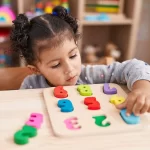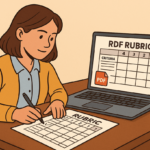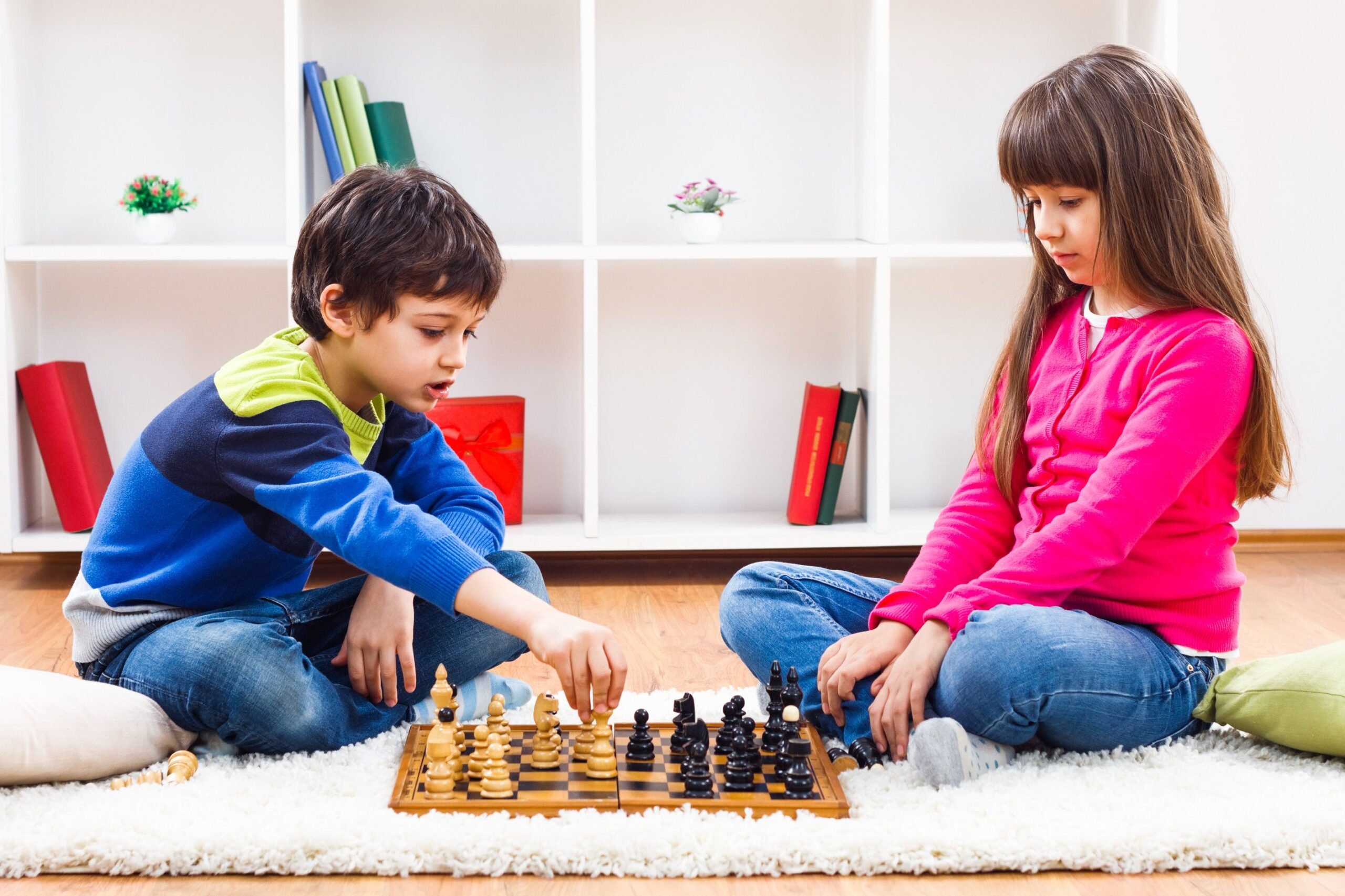You don’t need to break a sweat to get a serious workout—at least not when it comes to your brain. Chess, the centuries-old game of kings and queens, has long been celebrated not only for its strategic depth but also for its remarkable cognitive benefits. Whether you’re a complete beginner or a seasoned player, the mental gymnastics involved in a single game of chess can challenge and strengthen your mind in ways few other activities can match.
Modern neuroscience is finally catching up to what chess players have known intuitively for generations: this ancient game is one of the most comprehensive brain training tools available. Unlike crossword puzzles that exercise specific cognitive skills or video games that stimulate quick reactions, chess simultaneously engages multiple brain regions, creating a full-spectrum mental workout that builds lasting cognitive strength.
Memory Enhancement: Building Mental Muscle
One of the first cognitive benefits players notice when they begin studying chess seriously is a dramatic improvement in memory capacity. Chess demands both short-term working memory—to track current board positions and calculate variations—and long-term memory for storing patterns, openings, and tactical motifs.
Research published in Applied Cognitive Psychology found that experienced chess players demonstrate superior recall abilities, particularly in visual and spatial memory tasks. This improvement extends far beyond chess-related information. Players often report better recall of names, faces, phone numbers, and daily tasks.
The memory workout happens on multiple levels. Beginners learn piece movements and basic rules, while intermediate players memorize opening sequences and tactical patterns. Advanced players build vast libraries of positions, games, and strategic concepts. Each level strengthens different memory systems, creating comprehensive cognitive enhancement.
Even casual weekend players benefit from this memory training. Every game requires remembering your opponent’s previous moves, recalling similar positions from past games, and tracking multiple pieces across the board simultaneously—mental exercises that translate directly to improved performance in academic and professional settings.
Problem-Solving Powerhouse
Chess transforms abstract problem-solving into an engaging, competitive experience. Every position presents a unique puzzle with multiple solution paths, potential complications, and varying degrees of risk and reward. Players must rapidly assess threats, identify opportunities, and calculate complex variations under time pressure.
This problem-solving training proves invaluable beyond the chessboard. Studies show that chess players often excel in mathematical reasoning, scientific thinking, and analytical decision-making. The systematic approach chess teaches—gathering information, generating options, evaluating consequences, and selecting optimal solutions—becomes second nature and applies to everything from financial planning to career decisions.
The beauty of chess problem-solving lies in its progressive difficulty. Beginners tackle simple tactical puzzles like forks and pins, while experts navigate multi-layered strategic challenges involving pawn structures, piece coordination, and long-term planning. This natural progression ensures continuous cognitive growth regardless of skill level.
Focus and Concentration Training
In our hyperconnected world where the average person checks their phone every 12 minutes, chess offers something increasingly rare: sustained, deep concentration. Tournament games can last four to six hours, requiring players to maintain peak mental performance throughout. Even casual games demand focused attention, as a single momentary lapse can result in a game-losing blunder.
Regular chess play develops what psychologists call “selective attention”—the ability to focus on relevant information while filtering out distractions. This skill proves crucial for academic success, professional productivity, and general life satisfaction. Chess players often report improved ability to concentrate on work projects, academic assignments, and important conversations.
The concentration benefits compound over time. Beginning players might struggle to focus for 20-30 minutes, but experienced players can maintain sharp attention for hours. This mental stamina transfers to other activities, creating improvements in study habits, work performance, and creative pursuits.
Patience and Strategic Thinking Development
Chess fundamentally opposes our culture of instant gratification. Success requires patience, careful planning, and the ability to delay immediate tactical gains in favor of long-term strategic advantages. Players learn that hasty moves often backfire, while thoughtful preparation and gradual improvement lead to victory.
This patience training extends far beyond the game itself. Chess players often develop better impulse control, improved planning abilities, and greater tolerance for delayed rewards. These traits correlate with academic achievement, career success, and healthy lifestyle choices.
Strategic thinking in chess involves understanding complex cause-and-effect relationships across multiple time horizons. Players learn to balance immediate tactical needs with long-term positional goals, a cognitive skill that translates directly to business strategy, financial planning, and life decision-making.
Cognitive Protection and Brain Health
Perhaps most remarkably, emerging research suggests that regular chess play may help protect against age-related cognitive decline. A landmark study published in the New England Journal of Medicine followed seniors for five years and found that those who regularly played chess showed significantly lower rates of dementia development.
The neuroprotective effects likely stem from chess’s demand for constant learning and adaptation. Every game presents novel situations requiring creative solutions, keeping neural pathways active and promoting the formation of new synaptic connections. This mental stimulation appears to build cognitive reserve—the brain’s resilience against age-related changes.
Chess also promotes neuroplasticity, the brain’s ability to reorganize and form new neural connections throughout life. Regular players often show increased gray matter density in brain regions associated with memory, planning, and decision-making.
Emotional Intelligence and Self-Awareness
Beyond pure cognitive benefits, chess develops crucial emotional and psychological skills. Players must manage frustration during difficult positions, maintain confidence after setbacks, and stay humble during winning streaks. The game teaches emotional regulation under pressure—a skill increasingly valuable in our high-stress modern world.
Chess also promotes self-awareness through constant self-evaluation. Players analyze their games afterward, identifying mistakes, missed opportunities, and areas for improvement. This habit of objective self-assessment creates a growth mindset that benefits all areas of life.
Getting Started: Your Brain Training Journey
The cognitive benefits of chess are accessible to everyone, regardless of age or current skill level. Beginners can start experiencing mental improvements within weeks of regular play. Here’s how to maximize the brain-training benefits:
Start with fundamentals: Learn piece movements and basic rules through interactive resources like Kid Chess® (kidchess.com), which offers engaging lessons and helpful chess terminology.
Practice regularly: Even 15-20 minutes of daily chess provides significant cognitive benefits. Consistency matters more than session length.
Vary your training: Combine actual games with tactical puzzles, opening study, and endgame practice to exercise different cognitive skills.
Play against diverse opponents: Different playing styles challenge your brain in unique ways, promoting cognitive flexibility and adaptability.
Analyze your games: Reviewing games afterward multiplies the learning benefits and develops critical thinking skills.
The Ultimate Mental Fitness Tool
Chess stands alone as a cognitive training tool that combines intellectual rigor with genuine enjoyment. Unlike repetitive brain-training apps or academic exercises, chess remains engaging throughout a lifetime of play. The game’s infinite complexity ensures continuous mental challenges, while its social aspects provide motivation and community.
Whether you’re a student seeking improved focus, a professional looking to sharpen decision-making skills, or a senior interested in maintaining cognitive health, chess offers a proven path to enhanced mental fitness. The investment is minimal—just a board, pieces, and willingness to learn—but the cognitive returns can last a lifetime.
In a world where we carefully tend to our physical fitness, chess reminds us that mental fitness deserves equal attention. Your brain is your most important asset—give it the workout it deserves.












